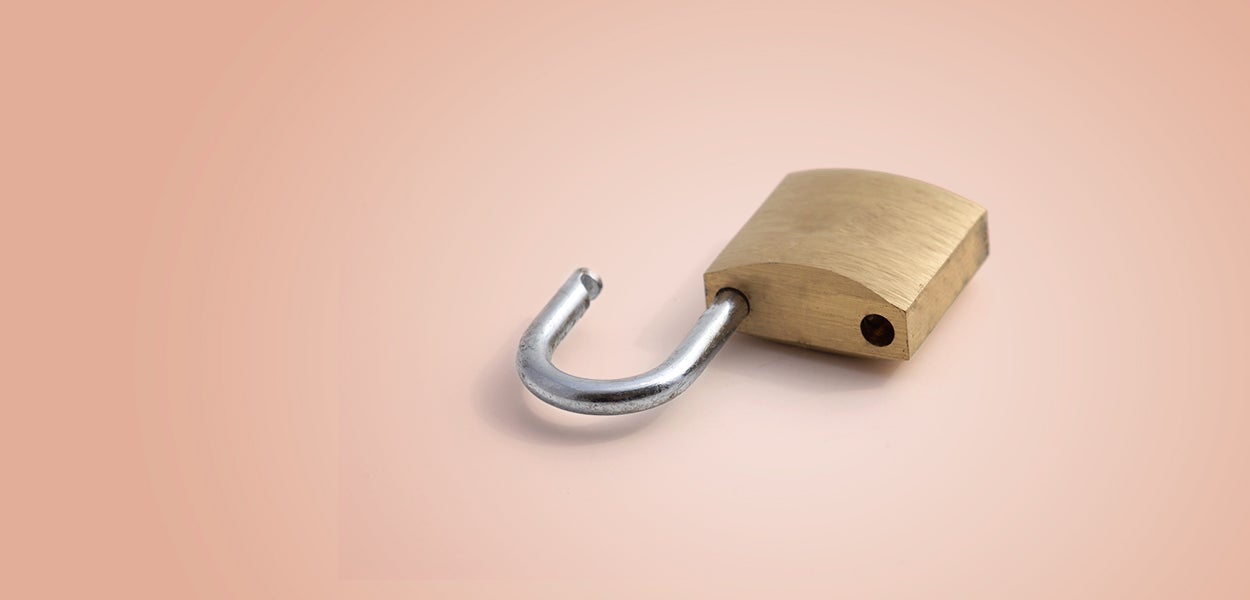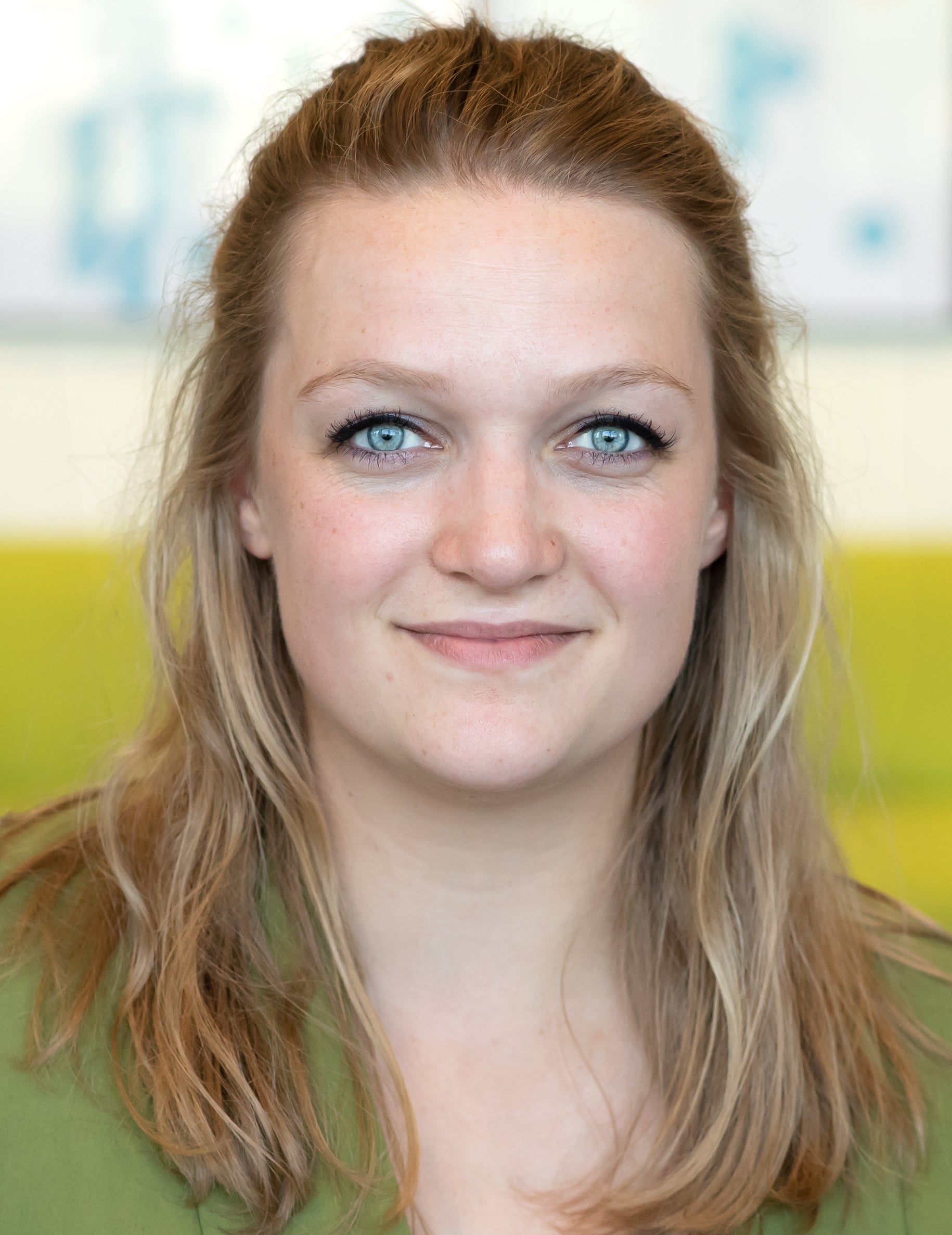While most European funders and institutions actively endorse Open Access publishing, researchers have to take action and to figure out what is the best Open Access solution for them. While finding the right information presents a practical challenge, there are also heated debates about the ethics and even morality of the current publishing system. For example, the existing system of publishing Open Access requires the researcher to cover the costs of making a publication open; this requirement puts researchers from richer institutions in a more advantageous position than their colleagues with less financial support.
Diamond
The event A Diamond Future of Open Access Publishing, organised by VU Amsterdam's University Library as part of the international Open Access Week, took us for 90 minutes into an optimistic future world, where Open Access is the default and authors don't have to worry about the costs anymore as those are carried by various stakeholders, such as the government and libraries. This financial model is called... Diamond Open Access.
Examples
We heard from 3 speakers representing 3 Diamond initiatives, all supported by the VU Open Access Innovation Fund:
- Jos Baeten from Mathematics in Open Access (MathOA)
- Damian Trilling from Computational Communication Research (CCR)
- Roeland van der Rijst and Dineke Tigelaar from Pedagogische Studiën
Baeten took us into the history of Open Access, to the year 2015, when Johan Rooryck stepped down as editor of Lingua to start a diamond Open Access journal Glossa. MathOA did similar work on turning commercial journals into fair Open Access ones, but they also started new high quality journals that were Open Access from the beginning.
Trilling continued with his story of starting a new journal for a field that did not have a venue yet. The decision was to start open access from the beginning and to establish a foundation that will make the financial situation of the journal independent from a particular institution or company.
Pedagogische Studiën had a slightly different path as they existed as a paper-only journal for a long time; when thinking about transition to digital they chose a diamond open access model.
Community support
The 3 initiatives shared how important community support is for them, beyond the financial support they get. In order to be a high quality journal, you need community members to stand behind you; you need contributions from top scientists and you want outstanding representatives of your field in the editorial board.
The future
During the discussion we also see that there is a different relationship between the community and the big publishers, depending on the field. Also the importance of the journal differs per field; in computer science, for example, the debate is primarily happening on the conference level. In the future, the whole model of publishing might also change as - in addition to the manuscript - the underlying code and data will get more and more prominence.
Is there also place for commercial publishers in the sustainable future? Absolutely, if they are transparent about their cost model. There are also larger questions to reflect upon. Most importantly, what does it take for the whole system to become Diamond? Why is it so hard to flip all the journals and take them away from commercial publishers? How can we reach the Diamond future?
This was an inspiring event which helped us to reflect upon how the work we do contributes to the larger whole. If you have any questions about Open Access, don't hesitate to reach out to the University Library through openaccess@vu.nl.
Open Science Community
There are many other exciting events on Open Science organised at VU Amsterdam. If you want to meet like-minded people and feel yourself part of the broader VU Amsterdam Community, don’t miss the opportunity to join some of them:
Tuesday, December 5, 4-6 PM
Programming Cafe Bytes & Bites: Advent of Code (National Challenge)
Sign up here
Thursday, December 7, 12-1:30 PM
Data Conversations: Navigating Best Practices in Research Code
Sign up here

